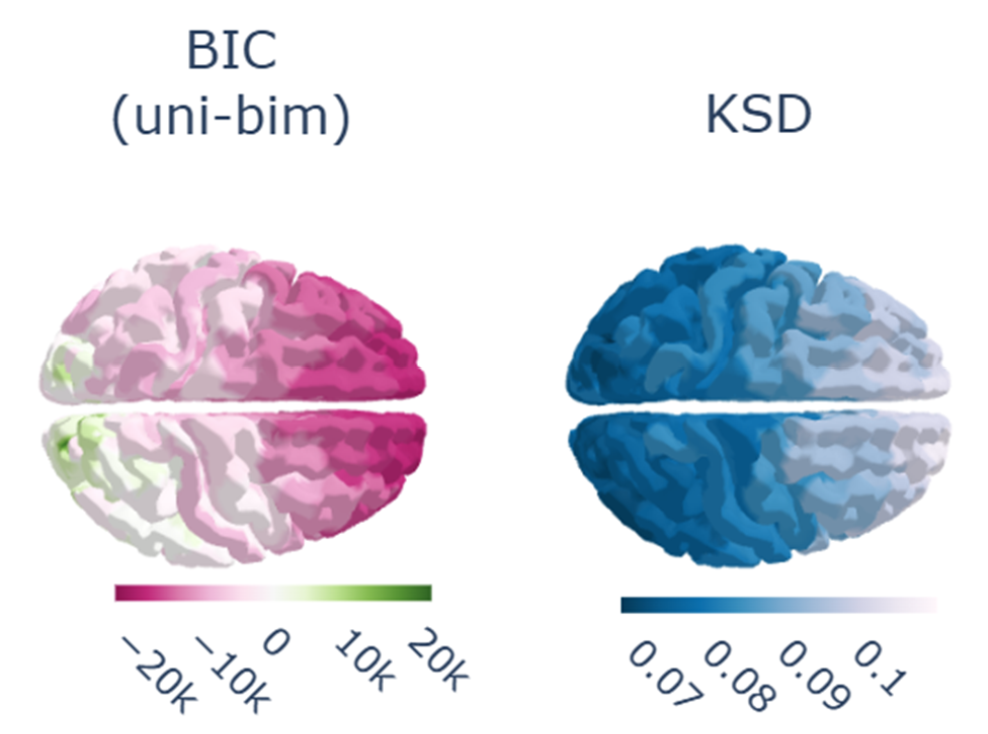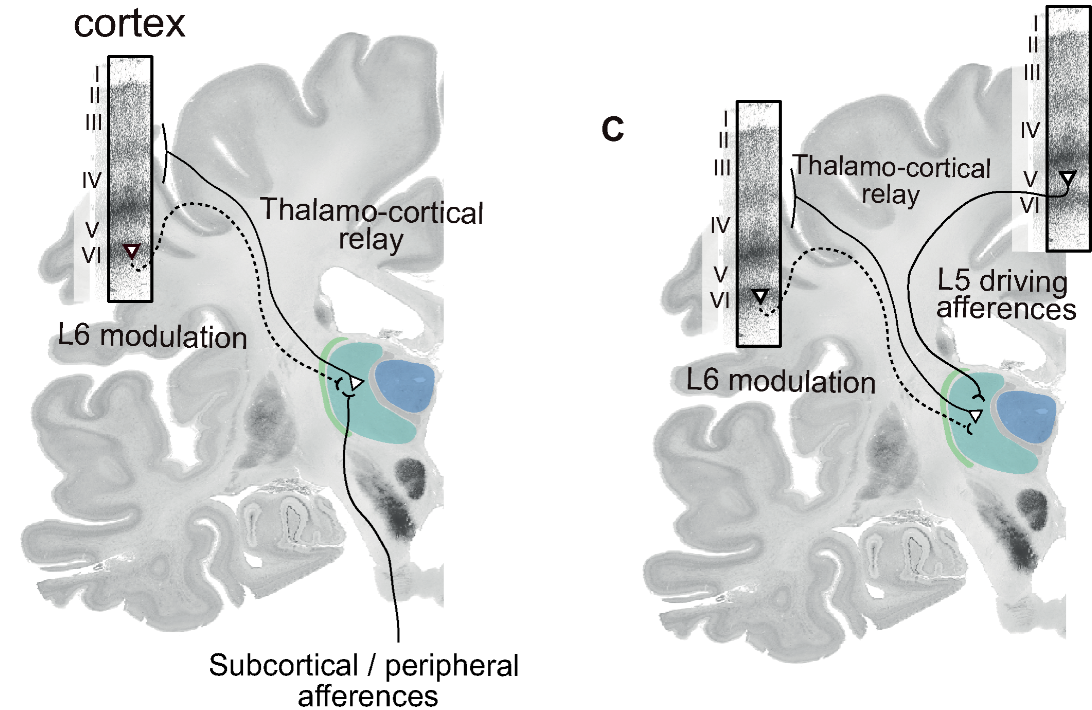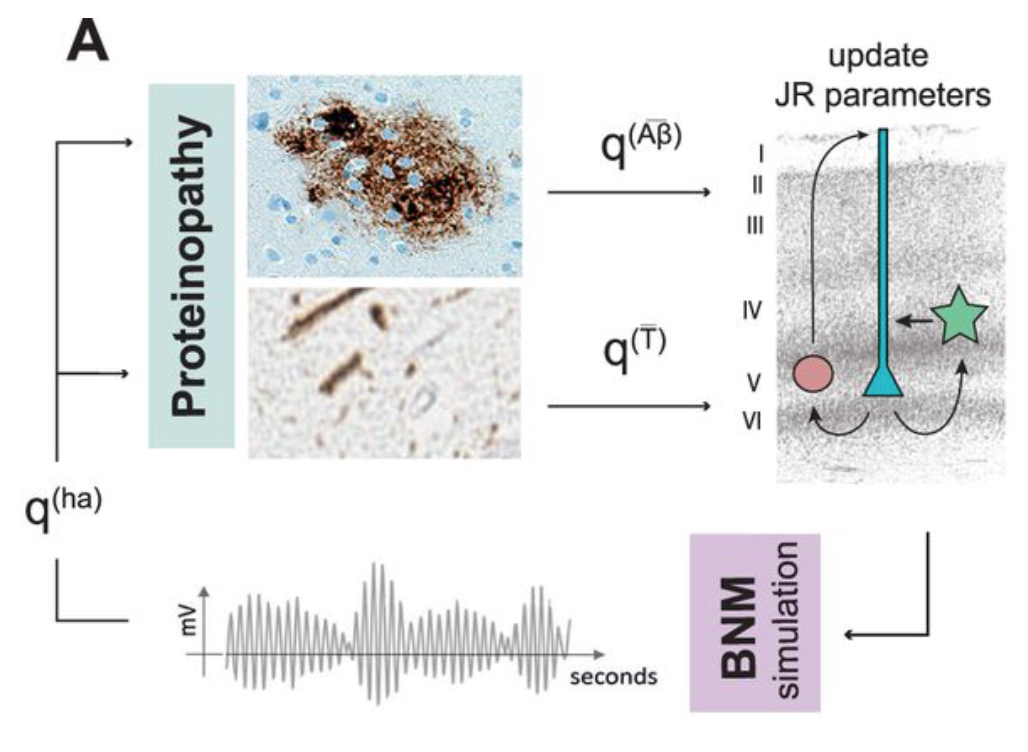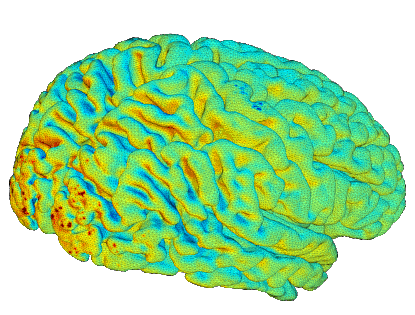Jesús Cabrera-Álvarez
Psychologist and computational neuroscientist at the Center for Cognitive and Computational Neuroscience (C3N), Universidad Complutense de Madrid. Understanding the brain to shape behaviour. Jescab01@ucm.es || | | | | |
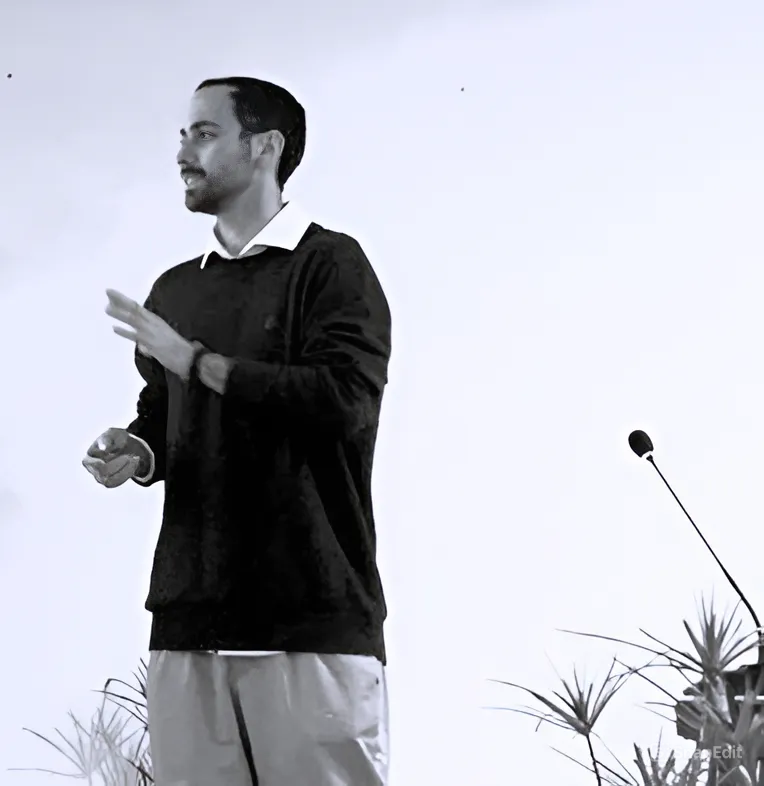
I am a psychologist who has travelled all the way down from social sciences to biology looking for answers on human behavior.
Why do people do what they shouldn’t? has served as a core question that motivated me to deepen into Criminology first, and Psychology and Neurosciences later.
I believe that the tools available in a given time in history determine the scope of potential advancements in a specific field. The emergence of neuroimaging and computational methods allowed an exponential growth in neuroscience and the consolidation of computational modeling as a promising approach.
That’s where my research lands. I use computational models to perform in-silico experiments and test hypotheses on human brain function, aiming to understand mental health and disease, cognition and behavior.
In science, I see a vector for knowledge, a powerful tool for progress, to change reality. And there are realities to change. Some open to intervention, some closed. Some conscious on the need for change, some not. Science does not offer certainty - but it offers the tools to question, to revise, to remain intellectually honest. And that’s where I feel more attach to science, in doubt.
«La duda es grieta, por donde sube la música. Desde nuestras cabezas pegadas a las suelas de vuestro cemento. Hasta un cielo que cuando un niño se lo dibuje, sereis capaces de imaginar. Tiemblen de seguridad vuestros cimientos.» Escandar Algeet.
I hold a Ph.D. in Psychology from the Complutense University of Madrid, where I used computational modelling to study functional connectivity impairments in Alzheimer’s disease. I also hold a B.S. in Psychology and a B.S. in Criminology from the same university, and M.Sc. by Research in Integrative Neuroscience from the University of Edinburgh.
but not enough to know you're wrong”, Neil deGrasse Tyson.
latest posts
| May 16, 2025 | A NMM for epilepsy |
|---|---|
| May 16, 2025 | JR equations for psychologists |
| May 07, 2025 | Bifurcations in a brain network model |
